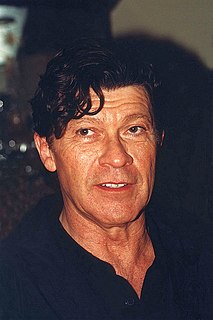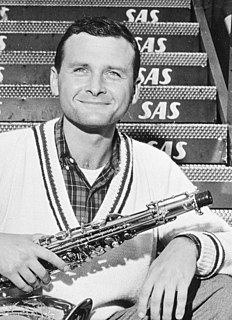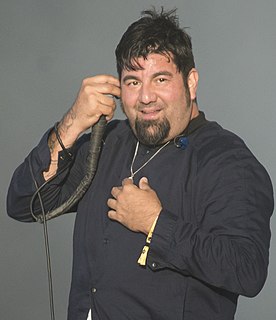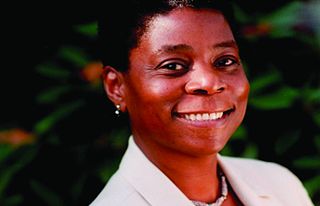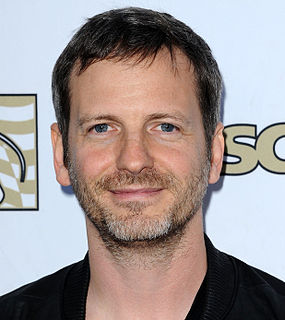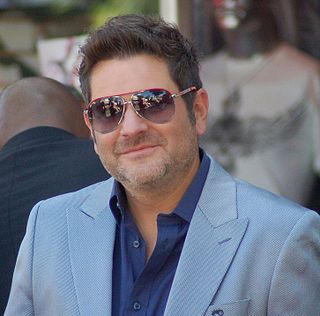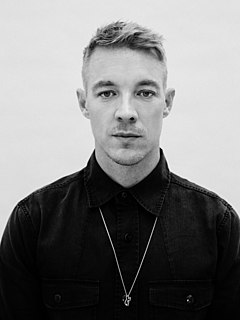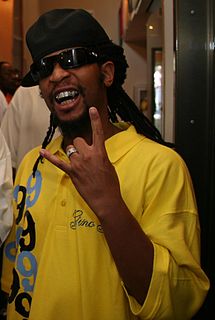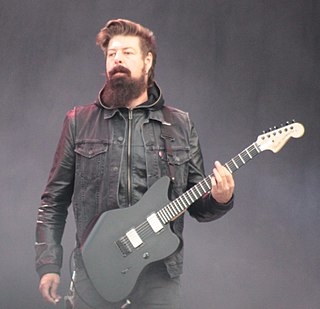A Quote by Moby
There's not a lot of precedent for weird, bald musicians in the Lower East Side making records in their bedrooms and going on to sell a lot of copies of the record. Especially if you look at the pop climate.
Related Quotes
There are a lot of musicians who are still desperately trying to pretend that it's 1998 and by having a huge marketing campaign, they somehow believe that they can sell 10 million records. That's delusional. No one sells 10 million records. The days of musicians getting rich off of selling records are done.
I have a feeling a lot of the records I grew up listening to and the records I still like, as hard as musicians worked making them, I feel like they were really enjoying what they were going through. They weren't just going through the process. You can tell that with certain things that you listen to.
We live in an age of music for people who don't like music. The record industry discovered some time ago that there aren't that many people who actually like music. For a lot of people, music's annoying, or at the very least they don't need it. They discovered if they could sell music to a lot of those people, they could sell a lot more records.
A lot of people still don't realize that, before Rascal Flatts, I was in a Christian band for four or five years, and I had the opportunity to work with some of the greatest pop musicians and producers in L.A. I learned a lot from Peter Wolf; he was one of my heroes growing up in the '80s. He was a producer of a lot legendary pop music.
My grandfather and his wife came to America at the end of the 19th century from Hungary. Everyone started out on the Lower East Side. They became embourgeoise and would move to the Upper West Side. Then, if they'd make money, they'd move to Park Avenue. Their kids would become artists and move down to the Lower East Side and the Village.

